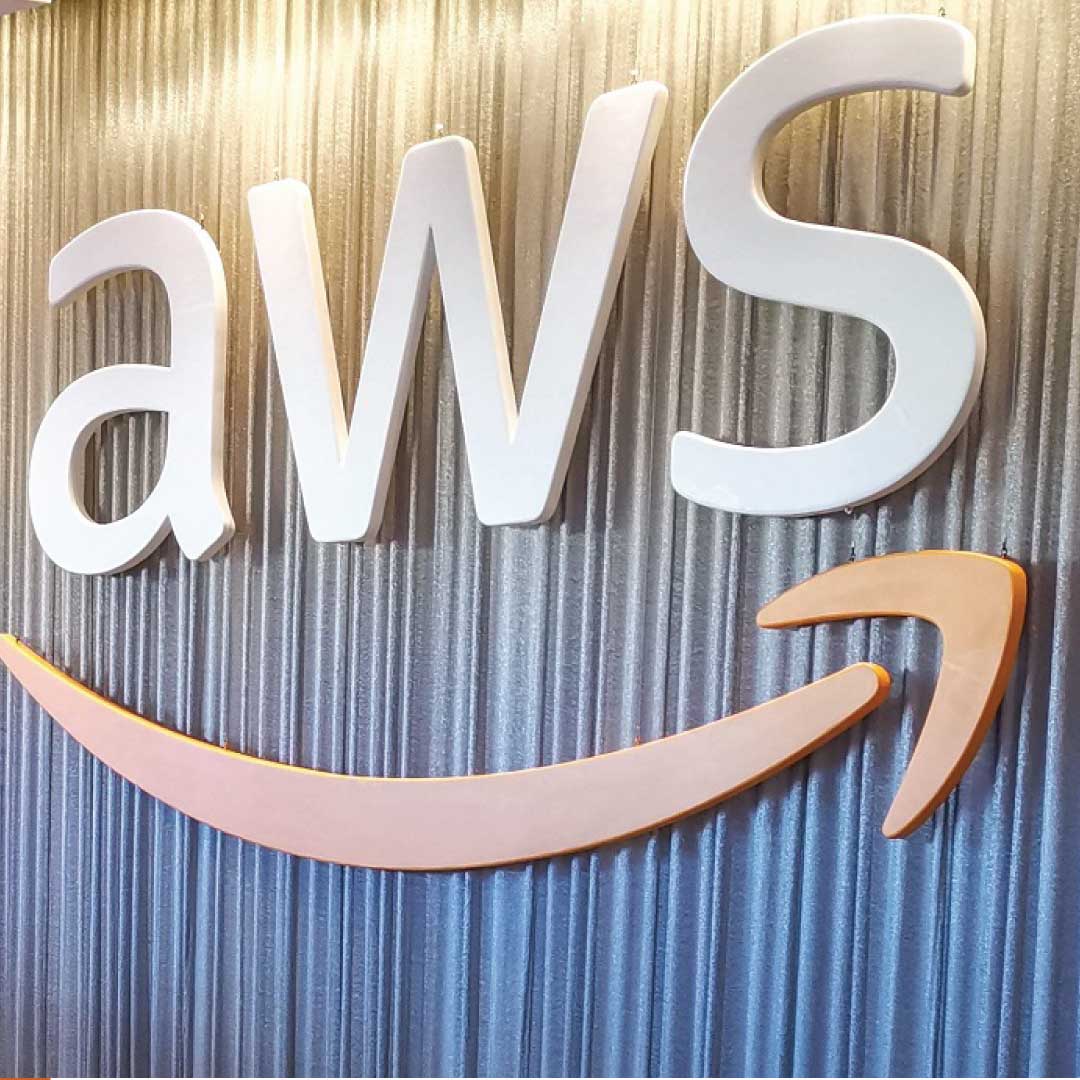Amazon Web Service (AWS), a subsidiary of American multinational technology company, Amazon.com Inc, has announced plans to launch an AWS Local Zone in Kenya in partnership with Safaricom Plc.
About AWS Local Zone Cloud Infrastructure
Local Zones are a type of AWS cloud infrastructure deployment that places compute, storage, and other select services closer to customers, giving them the ability to run applications on AWS that require single-digit millisecond latencies to their end-user’s on-premise installations.
The new AWS Local Zone in Kenya will join 16 existing AWS Local Zones around the United States and 32 new AWS Local Zones set to launch in 26 countries across the world in the coming quarters of 2022. Other countries targeted include Argentina, Australia, Austria, Belgium, Brazil, Canada, Chile, Colombia, Czech Republic, Denmark, Finland, Germany, Greece, India, Netherlands, Norway, Philippines, Poland, Portugal and South Africa.
What They Are Saying About The New Local Zone Infrastructure
Robin Njiru, Regional Lead, East, West, and Central Africa at Amazon Web Services, said in a statement — “The new AWS Local Zone in Kenya is a continuation of our investment to support customers of all kinds and our commitment to accelerate innovation by bringing cloud infrastructure to more locations in the country. We know that delivering ultra-low latency applications for a seamless user experience matters in every business and industry. Thus, we are excited to bring the edge of the cloud closer to more customers in Kenya to help meet their requirements.”
Read Also : Elon Musk has made a bid to acquire Twitter for $43 billion dollars.
“AWS Local Zones will empower more public and private organisations, innovative startups, and AWS partners to deliver a new generation of leading-edge, low-latency applications to end-users. Customers can take advantage of the cost savings, scalability, and high availability that AWS provides,” he added.
Cabinet Secretary for the Ministry of ICT, Innovation, and Youth Affairs, Joseph Mucheru, remarked, “We are pleased to launch AWS Local Zone in Kenya. This announcement reaffirms our country’s position as an attractive place to invest, powered by a high volume of talented local developers. It will boost the adoption of advanced cloud-based technologies such as Artificial Intelligence, Machine Learning, and Internet of Things while helping to ensure safe use across the Kenyan technology sector.”
Customers in Kenya will save the cost of acquiring, running, and maintaining infrastructure in Nairobi to deliver low-latency applications since AWS administers and supports Local Zones.
Read Also : Huawei’s Leap Programme to Upskill 100,000 Youths in Africa
Customers with local data residency requirements in Kenya can execute parts of their applications in on-premises data centres and link to AWS using the AWS Local Zone, ensuring ultra-low latency for hybrid deployments.
Commenting on the partnership and launch of the AWS Local Zones, Peter Ndegwa, CEO of Safaricom PLC, revealed that “We believe an AWS Local Zone will enable us to further enhance our cloud offerings, especially to our Enterprise and SME customers, and migrate more of our own services to the Cloud. Customer obsession remains a key focus for Safaricom, and with this local presence driven by our partnership with Amazon, we will now achieve increased speed, stability, reliability, and storage to support innovation and development of future-fit solutions.”
About Amazon Web Services (AWS)
Amazon Web Services (AWS) is the world’s largest cloud computing provider, offering infrastructure-as-a-service (IAAS) to businesses worldwide. AWS is the service 150+ companies use to develop, deploy, and host their applications/websites, to streamline video services, or too vast databases of video content, whether it’s streaming platforms like Netflix, publications like the Financial Times, or state parastatals like the US Department of State. AWS also dominates the cloud computing services sector, with a 32% market share, and is currently the largest website host provider.




